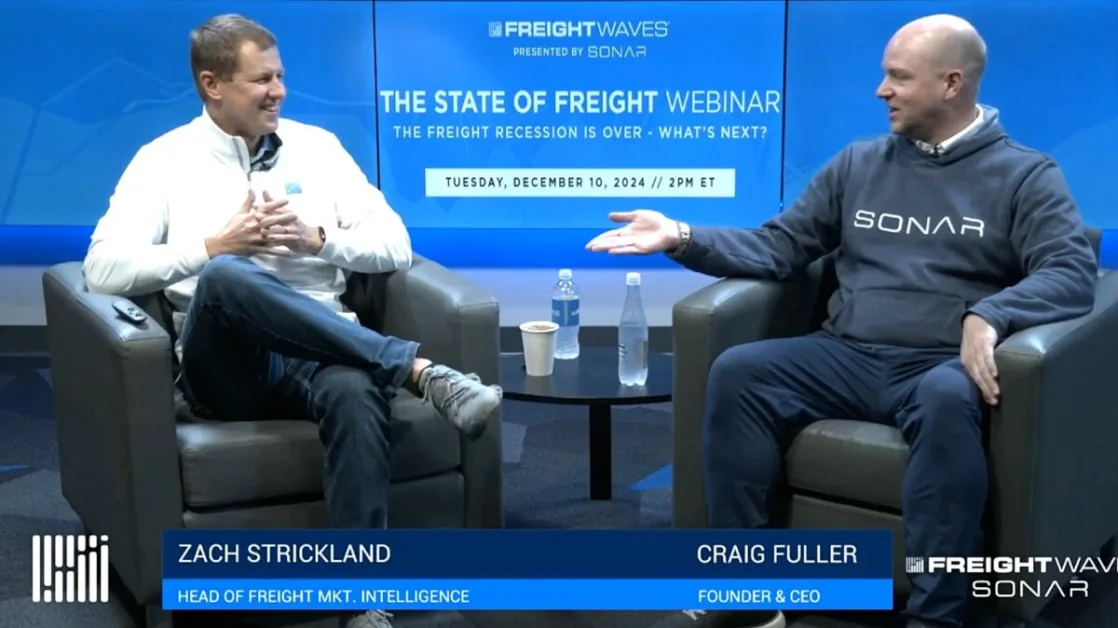This story was originally published on Healthcare Dive . To receive daily news and insights, subscribe to our free daily Healthcare Dive newsletter .
Dive Brief:
Dive Insight:
In September 2023, the FTC sued Welsh Carson for allegedly suppressing competition and driving up prices for anesthesiology services in Texas. According to the agency’s complaint, Welsh Carson did so through a portfolio company called U.S. Anesthesia Partners, which it created in 2012 and then expanded significantly by buying almost every major anesthesia practice in the state.
The result was a single dominant provider with the market power to jack up prices by tens of millions of dollars for patients and insurers, the FTC said.
These types of serial acquisitions are called rollups, and are likely violations of the law, according to refreshed merger guidelines the FTC released late 2023 . More recently, regulators updated premerger notification forms in a way that will make it easier for enforcers to spot and prevent rollups.
However, in May 2024 a federal court dismissed Welsh Carson from the FTC’s challenge , essentially finding that private equity firms are not liable for the actions of their portfolio companies. The agency’s case against USAP has continued.
On Friday, the FTC said its threat of a fresh administrative complaint was necessary to sidestep the corporate tactic of seeking a case dismissal to prevent antitrust enforcement.
Welsh Carson, however, sees it differently.
“In a last-minute effort to claim a political victory, the outgoing FTC leadership threatened to re-litigate in its captive administrative court the exact same overreaching claims that were dismissed last year by an independent Federal judge unless we agreed to a settlement by Inauguration Day,” a spokesperson for the PE firm said in an emailed statement. “Despite our confidence in prevailing again in any repeat of this case, we made the decision to agree to a benign notice settlement that will not affect our business in any respect and involves no admissions of wrongdoing or monetary penalties.”
The order freezes Welsh Carson’s investment in USAP at current minority levels and reduces its board representation from two seats to one, to restrict the firm’s control over USAP’s decisionmaking. It requires Welsh Carson to obtain the FTC’s approval in advance for any investments in anesthesia nationwide. Any anesthesia group that’s majority owned by Welsh Carson will also have to get the agency’s prior approval for for certain deals.
In addition, Welsh Carson will have to notify the FTC before making any majority investments in hospital-based medical practices in any state where the PE firm already has a physician presence. The order is still subject to final approval following a 30-day public comment period.
FTC commissioners voted 5-0 to accept the consent agreement scant days before President-elect Donald Trump is set to assume office. The administrative changeover ushers in a Washington that’s expected to be friendlier to private interests, including when it comes to consolidation.
However, the Trump administration’s stance on M&A oversight isn’t entirely clear, with early signs — including Trump’s picks for top posts at the Department of Justice and FTC — suggesting the incoming Republican regime may not be entirely opposed to antitrust enforcement. However, it’s almost certain to be less aggressive than the Biden administration, especially when it comes to private equity .
That’s evident in a concurring statement on the proposed order from FTC Commissioner Andrew Ferguson , who Trump has tapped to succeed Lina Khan as FTC chair. In the statement, Ferguson distances himself from the Biden administration’s crusade against private equity profiteering in healthcare, instead saying he agrees with the settlement because of “an ordinary application of the most elementary antitrust principles.”
The law “prohibits mergers that may substantially lessen competition or tend to create a monopoly,” which occasionally requires regulators to predict the outcomes of a deal before they occur, Ferguson wrote. But “here, however, we did not have to predict anything. Welsh Carson made acquisitions” and “those acquisitions demonstrably created monopoly power and Welsh Carson wielded that power to raise prices,” he said.
Research has shown that PE ownership of healthcare providers leads to higher prices, lower customer satisfaction and poorer medical outcomes. Practices themselves often struggle too. Last year there were a number of bankruptcies tied to PE ownership, including two multistate health systems: Prospect Medical Holdings and Steward Health Care .
Recommended Reading





